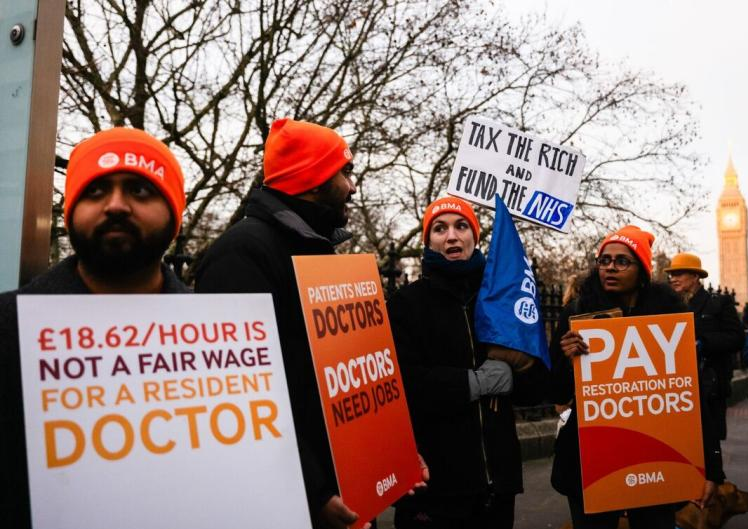
A poll by Japan's public broadcaster NHK shows that the support rate of Japan's ruling Liberal Democratic Party (LDP) has dropped to 24%, falling to the lowest point since it returned to power in 2012, highlighting the possible predicament that the ruling coalition may face in the upper house election.
NHK announced on Monday (July 14) the results of a poll conducted from July 11 to 13, showing that the support rate of the Liberal Democratic Party (LDP) dropped by 4.1 percentage points within a week to 24%, while the support rate of the LDP government led by Prime Minister Shigeru Ishiba remained unchanged at 31%.
According to several recent surveys, the support rate of the Liberal Democratic Party (LDP) has continued to decline, indicating that the coalition government led by Shigeru Ishiba and the Komeito Party, which lost its majority in the House of Representatives last October, may also lose its majority in the upper house election to be held on Sunday (the 20th).
Polls also show that the support rate for the main opposition Constitutional Democratic Party is 7.8%, slightly down from the previous week. The support rate of the populist conservative group Sanseito, which is regarded as a dark horse, rose to 5.9%.
Last year, the Liberal Democratic Party was burdened by a money scandal and lost seats in the House of Representatives election. The number of seats has been reduced from 33 before the election to 21, which is even lower than the 23 seats the party won in the Tokyo Metropolitan Assembly in 2017. The ruling coalition Komeito Party was no exception, losing four seats.
The results of the Tokyo Metropolitan Assembly election on June 22nd showed that among the 127 seats, the First Democratic Party of Tokyo won 31 seats, five more than before. The party was established by Tokyo's female governor Yuriko Koike after she left the Liberal Democratic Party in 2017.

Junior doctors in the UK officially launched a five-day strike on Wednesday (December 17th).
Junior doctors in the UK officially launched a five-day str…
The Thai Pride Party is considering nomasting three candida…
With the continuous intensification of international sancti…
With $15.82 billion in sales and a 108% year-over-year incr…
According to the South Korean media Dealsite, the recent te…
The current geopolitical conflicts around the world are oft…